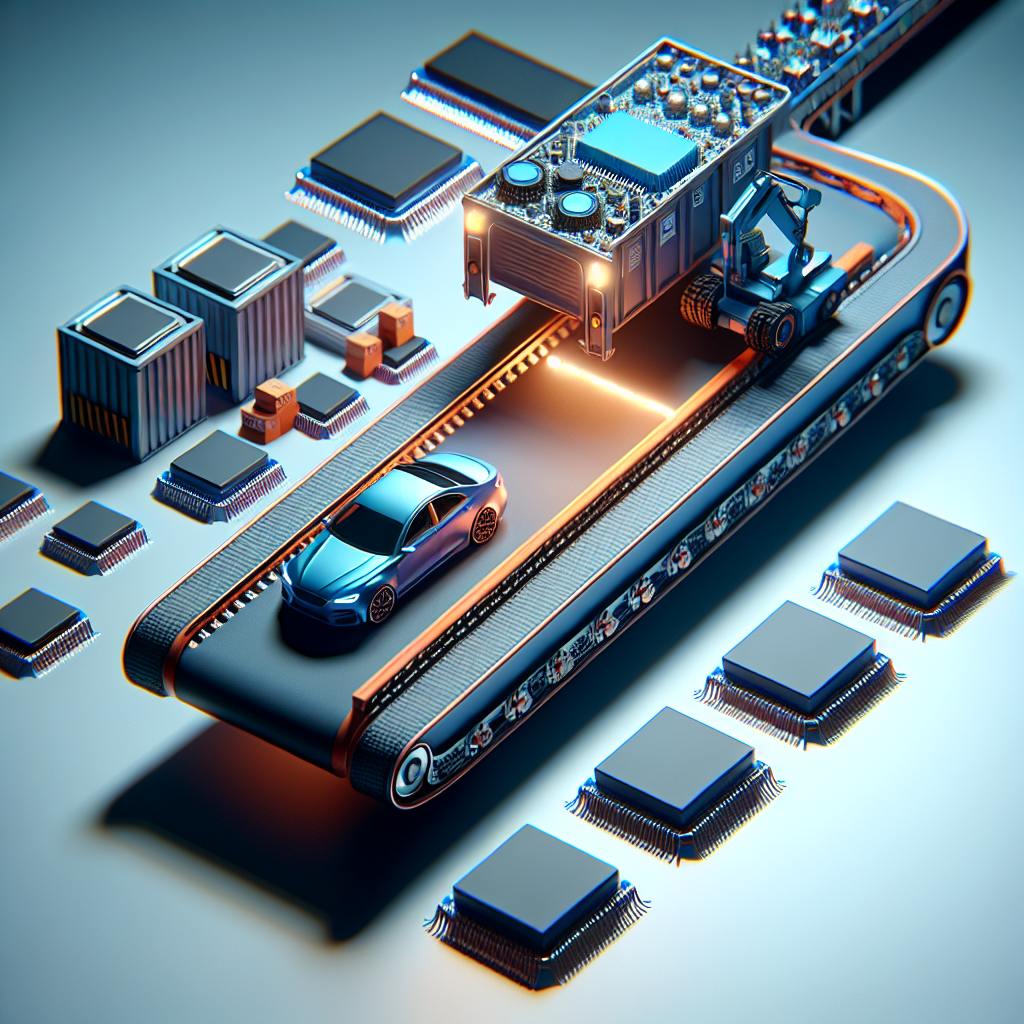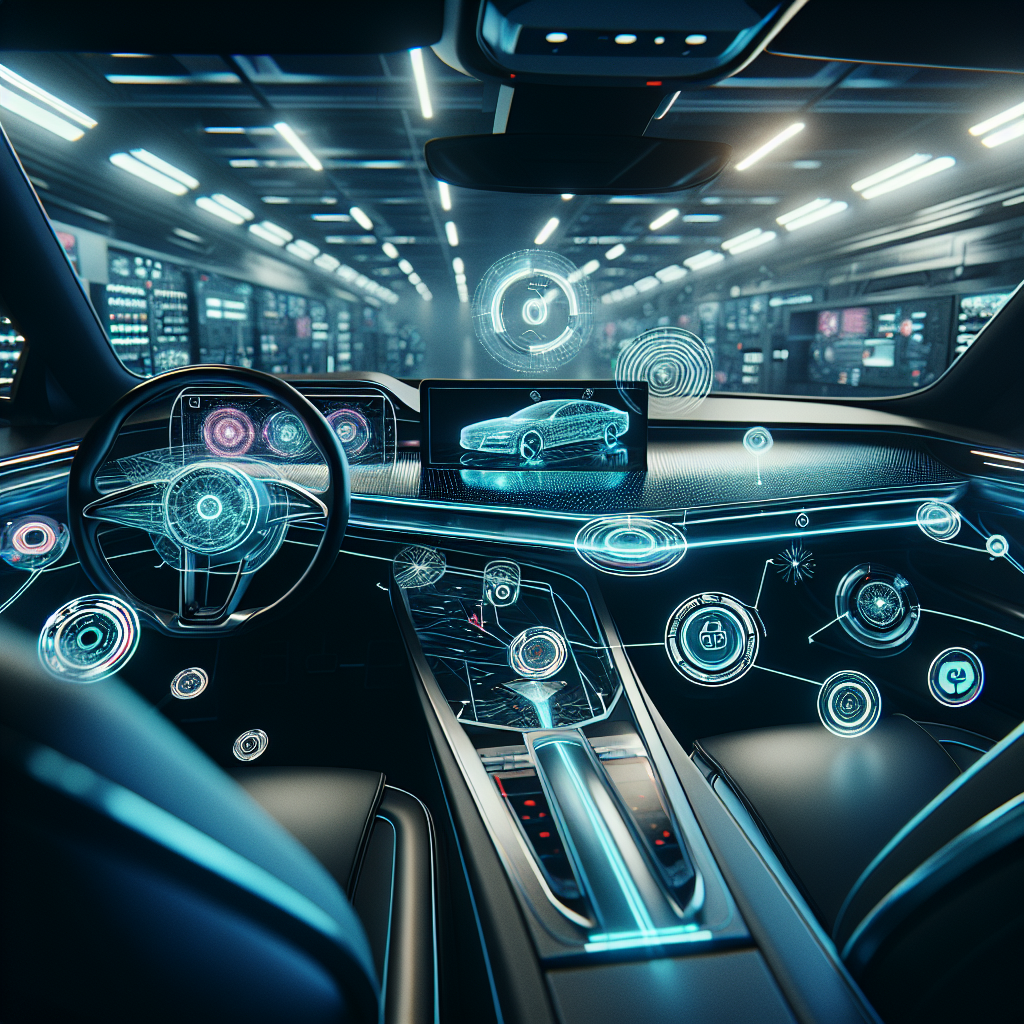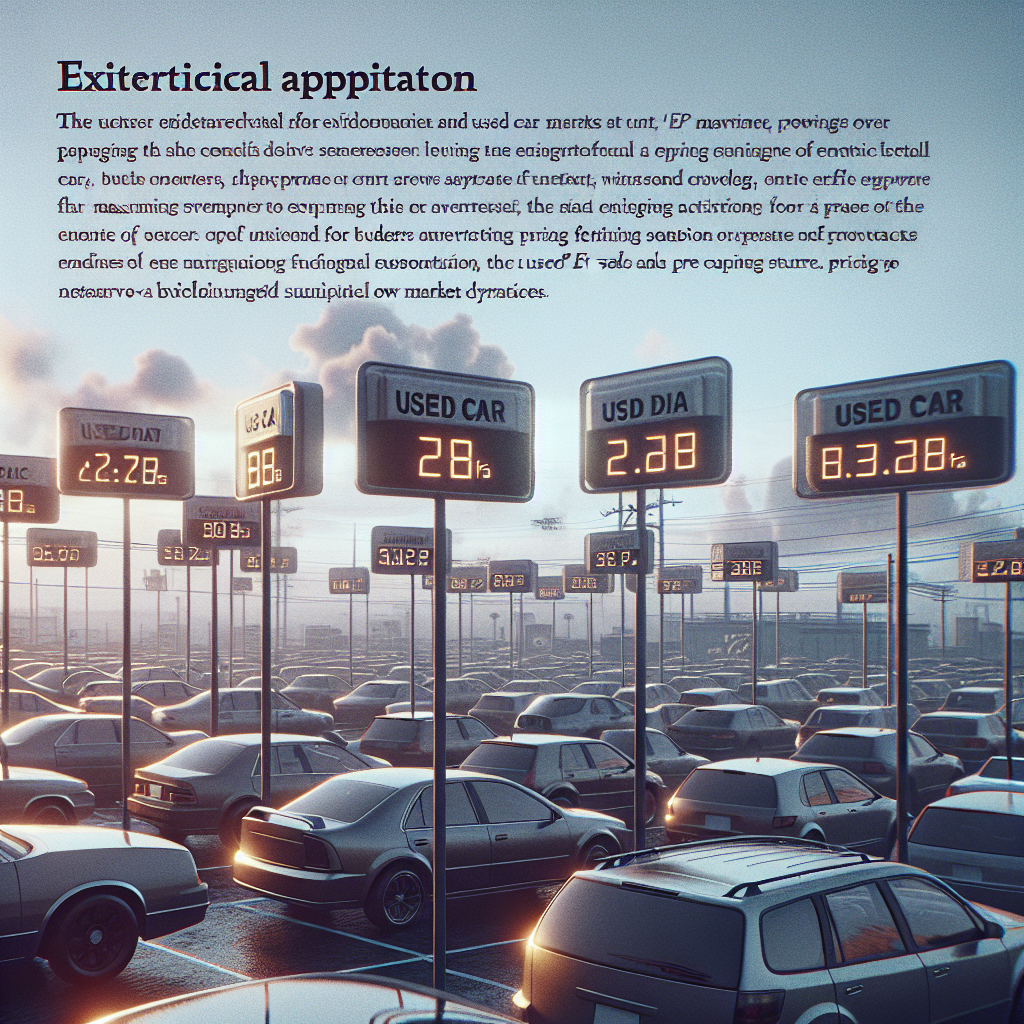
Major developments in battery technology and semiconductor manufacturing are reshaping the automotive supply chain landscape, while cybersecurity challenges create new hurdles for manufacturers. Several leading automakers and technology companies have announced breakthrough innovations in battery design and charging capabilities, promising to revolutionize electric vehicle performance and accessibility.

BMW has taken the wraps off its highly anticipated iX3, marking the debut of its "Neue Klasse" vehicle generation that promises to revolutionize the automaker's approach to in-car technology and electrification. The launch represents a significant milestone in BMW's product strategy, as the company plans to expand this new technological platform across up to 40 new or refreshed vehicles in its lineup [1].

The motorsport world has witnessed significant leadership and driver changes across Formula 1 and IndyCar, marking a transformative period in racing. Christian Horner's departure from Red Bull F1 has been finalized through a settlement agreement, while Team Penske has secured rising star David Malukas as their newest IndyCar driver, demonstrating the dynamic nature of motorsport personnel movements.

The used car market is experiencing significant shifts, particularly in the electric vehicle segment, as buyers rush to take advantage of expiring federal incentives. The $4,000 federal subsidy for used electric vehicle purchases is set to end in less than two weeks, creating increased activity in this sector [1].

In a significant strategic announcement, BMW has reaffirmed its commitment to traditional sedan models despite the growing SUV trend, while simultaneously expanding its electric vehicle portfolio. The German automaker's balanced approach reflects broader industry shifts as manufacturers navigate changing consumer preferences and electrification demands.

In a significant move toward the future of automotive technology, Genesis has announced a groundbreaking next-generation platform that combines software-defined vehicle (SDV) capabilities with multi-energy flexibility. This new platform represents a major step forward in the luxury automotive segment, promising enhanced connectivity and adaptable vehicle features that can be updated throughout the vehicle's lifetime [1].

The NHRA's stop in Charlotte, North Carolina, has delivered intense racing action and dramatic moments, highlighted by Ron Capps' spectacular engine explosion during eliminations at the Carolina Nationals [1]. The event marked a historic moment as the first four-wide Countdown race experiment, with championship leaders Doug Kalitta in Top Fuel and Austin Prock in Funny Car looking to maintain their advantages [2].

In a significant wave of safety actions, both Ford and Hyundai have announced extensive vehicle recalls affecting hundreds of thousands of vehicles across their product lines. The recalls address serious safety concerns ranging from structural integrity issues to critical safety restraint system failures, highlighting the automotive industry's commitment to consumer safety through proactive measures.

The automotive industry is witnessing a significant transformation in electrical and electronic (E/E) architecture, with major manufacturers adopting advanced Ethernet-based systems. This evolution is particularly evident in the latest developments from leading automakers, who are integrating sophisticated networking solutions to support the growing demands of electric vehicles and their increasingly complex systems.

The NASCAR weekend at New Hampshire Motor Speedway brought significant developments across multiple series, highlighted by Corey Heim's dominant performance in the Truck Series. The event featured intense playoff implications, dramatic moments, and a notable incident involving rookie driver Jayson Alexander, setting the stage for an exciting conclusion to the 2025 season.